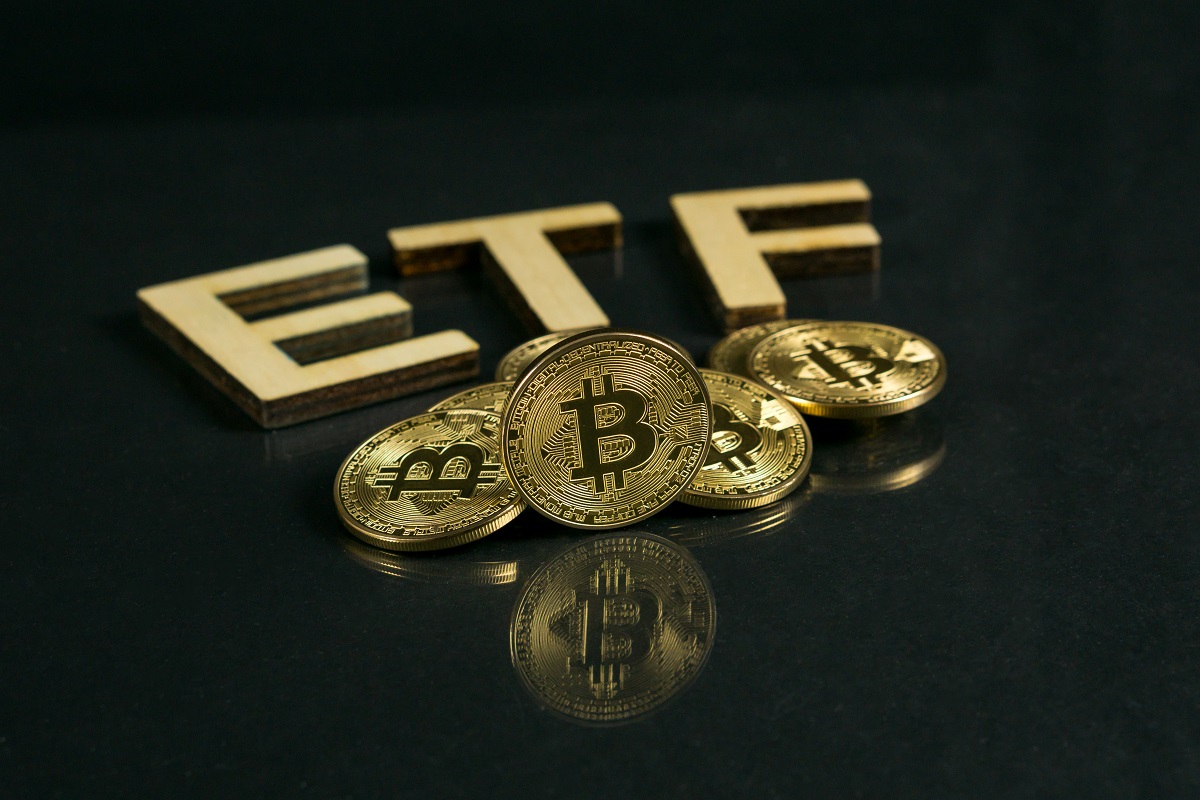SEC Nods to First US Futures-based Bitcoin ETF Launch
- October 18, 2021
- Jennifer Moore

The cause for jubilations for the crypto community comes from a report that the SEC is to allow the first futures-based bitcoin ETF (exchange-traded fund) trading. The flagging off will happen this week as CNBC reports on Friday.
Reliable sources have revealed that the Securities and Exchange Commission is not about to obstruct the ETF propositions by ProShares and Invesco. The news may have fueled bitcoin’s climb past the $60k mark.
Which means …
ProShares and Invesco ETFs are based on futures contracts. The ETFs were filed under mutual fund guidelines. Thus, they offer investors sufficient protection according to SEC Chairman Gary Gensler.
The ETF launch will break a prolonged spell barring entry to the near $7 trillion ETF industry. Thereafter, the industry will now make its way through barriers of SEC’s complex evaluation scheme.
The proposition offers investors indirect ways to invest in Bitcoin. ProShares and Invesco ETFs are based on bitcoin futures that are currently traded on the Chicago Mercantile Exchange.
Futures, ETFs, and all that they stand for
Exchange-traded funds (ETFs) and standardized futures platter a variety of trading options to individual investors of the capital market.
Beginning with very short-term investment opportunities to the implementation of hedging strategies. Thereafter, ETFs and futures form the best bet to be carved for almost any financial objective.
SEC defines an ETF as an “SEC-registered investment company that offers investors a way to pool their money in a fund that invests in stocks, bonds, or other assets.” An ETF extends the features of a mutual fund with the behavior of conventional stock trading.
Standard futures contracts fall under the financial derivatives category. According to the SEC, “a futures contract is an agreement to buy or sell a specific quantity of a commodity or financial instrument at a specified price on a particular date in the future.” Thereafter, the Commodities Futures Trading Commission (CFTC) is the regulatory authority in the United States and governs several of the largest derivatives markets in the world.
Learn more: Will Bitcoin Be the Only Global Currency in the Next Decade?
Bitcoin ETF
An ETF is an investment instrument tracking the performance of a particular asset or group of assets. ETFs allow the diversification of investment vehicles without actually owning the assets themselves.
A bitcoin ETF is an investment instrument that simulates the price of the foremost digital asset in the world. Moreover, it allows investors to cash on the bitcoin climb through the ETF, without undergoing the complexities of trading bitcoin.
The added advantage is the total absence of security measures involved in actually holding bitcoin as ETF isn’t directly invested in bitcoin.
Learn more: What Do The Investors Need To Know About Cryptocurrency Regulations?
Futures-based Bitcoin ETF contracts
A futures-based ETF shadows futures contracts, instead of the price of an asset. On the same note, a futures-based bitcoin ETF tracks bitcoin futures contracts, rather than the price of bitcoin itself. Therefore, the price of the ETF doesn’t match the price of bitcoin; the difference between the prices eclipse a potent risk as per experts.
Investors of capital markets leverage bitcoin futures as a hedge against their positions in the spot market. This is to say that if investor bets on a price rise for bitcoin in the spot market, in that case, (s)he might short its futures as a hedge. Therefore,(s)he stands to gain even if the bitcoin price traverses in a direction reverse to the one specified in her bet. The bet is an asset in and of itself and if it incorporates functionalities. Therefore, trading on an exchange, it culminates into the futures bitcoin ETF.
Finally
With the SEC allowing the trade of futures bitcoin ETF, a potent investment opportunity is open. Thereafter, multiple short-term investment options.
Categories
- AI (6)
- Altcoins (10)
- Banking (10)
- Bitcoin (132)
- Bitcoin ETF (11)
- Bitcoin Price (30)
- Blockchain (47)
- Brokering World Hunger Away (16)
- Business (7)
- CBDC (11)
- COVID-19 (3)
- Crypto ATMs (1)
- Crypto Banking (15)
- Crypto Bill (1)
- Crypto broker platform (26)
- Crypto Investment (3)
- Crypto Markets (3)
- Crypto Payment (26)
- Crypto Prices (1)
- Crypto Trading (88)
- Cryptocurrency (361)
- Cryptocurrency Exchange (94)
- Data Visualization (2)
- Decentralized Finance (7)
- DeFi Payment (9)
- DEX (3)
- Digital Currency (22)
- Ethereum (1)
- FAQ (6)
- Finance (24)
- Financial Equality (4)
- Financial Freedom (8)
- Forex (24)
- ICO (1)
- Investment (11)
- Mining (3)
- News (63)
- NFTs (2)
- P2P (1)
- PayBitoPro (600)
- PayBitoPro Coin Listing (6)
- PayBitoPro Exchange (2)
- Post COVID Digital Transformation (1)
- Press Release (130)
- Privacy & Security (3)
- Real Estate (1)
- Stablecoin (4)
- Technology (14)
- Uncategorized (2)
- US Presidential Election (2)
- Utility Coin (1)
- Web3 Wallets (1)
- White Label Crypto Broker Solution (1)
- White Label Crypto Exchange (6)





